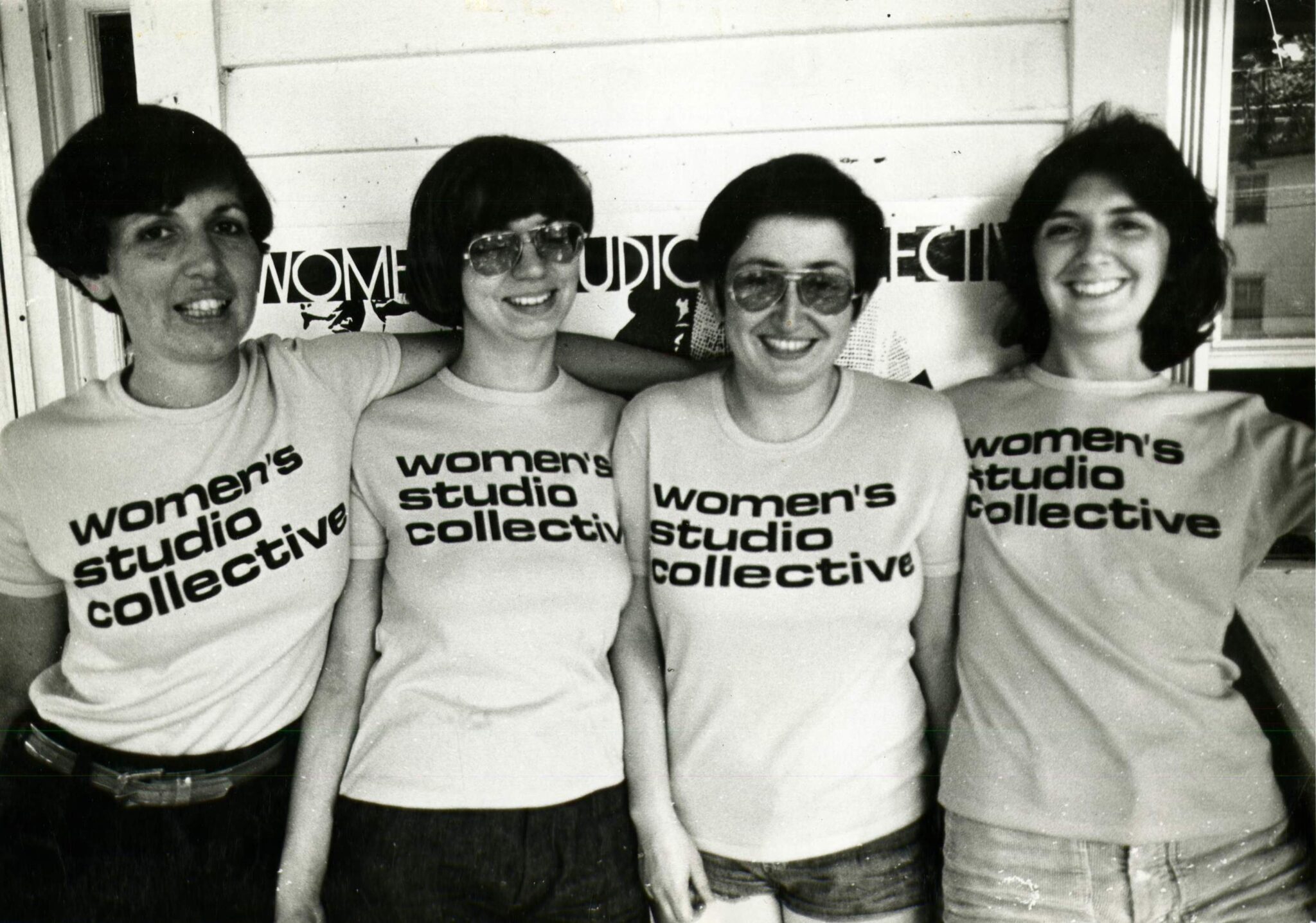Being, Making, Becoming: Women’s Studio Workshop

Being, Making, Becoming: Women’s Art Archives as Sites of Activation
The Expanded Archives Network’s fall panel conversations celebrated two distinct, long-running feminist artist communities and archives projects: Women’s Art Library – now housed at Goldsmiths, University of London – and Women’s Studio Workshop in Rosendale, New York. In both cases the place of the archive is critical, which is why the panels were broadcast live from within their respective library spaces. Both events incorporated videos created for the occasion with live conversations to give context to the wider communities, art practices and relationships that are activated in the creation of and response to the archives, focusing on themes of intergenerational dialogue, collectivity, sanctuary and the unique position of these radical spaces that exist within or outside of “institutions.”
Founded as a women’s artistic community in 1974, Women’s Studio Workshop continues to be an important hub for radical thought, for modeling economic viability, and for print and book culture, story-telling, and technical exploration in multiple mediums. WSW’s campus is home to the WSW Library, which features a reading room and a dynamic range of archival materials that trace the collective history and mission of the organization. Broadcasting from the reading room, artistic director Erin Zona and colleague Faythe Levine used WSW’s Special Collections as a catalyst for conversation around WSW’s history and the ways archives can be creatively activated for research. Taking WSW co-founder Tatana Kellner’s repository of personal photography (spanning 1974-2007) as their focus, Erin and Faythe highlighted several foundational moments of placemaking in WSW’s history. Anthea Black, the first recipient of WSW’s Research Publication Residency Grant, delivered a short presentation on their book, The Embodied Press, which examines the use of abstraction by queer and transgender artists within the field of book arts and features a chapter that discusses Kellner’s earliest artists’ books.